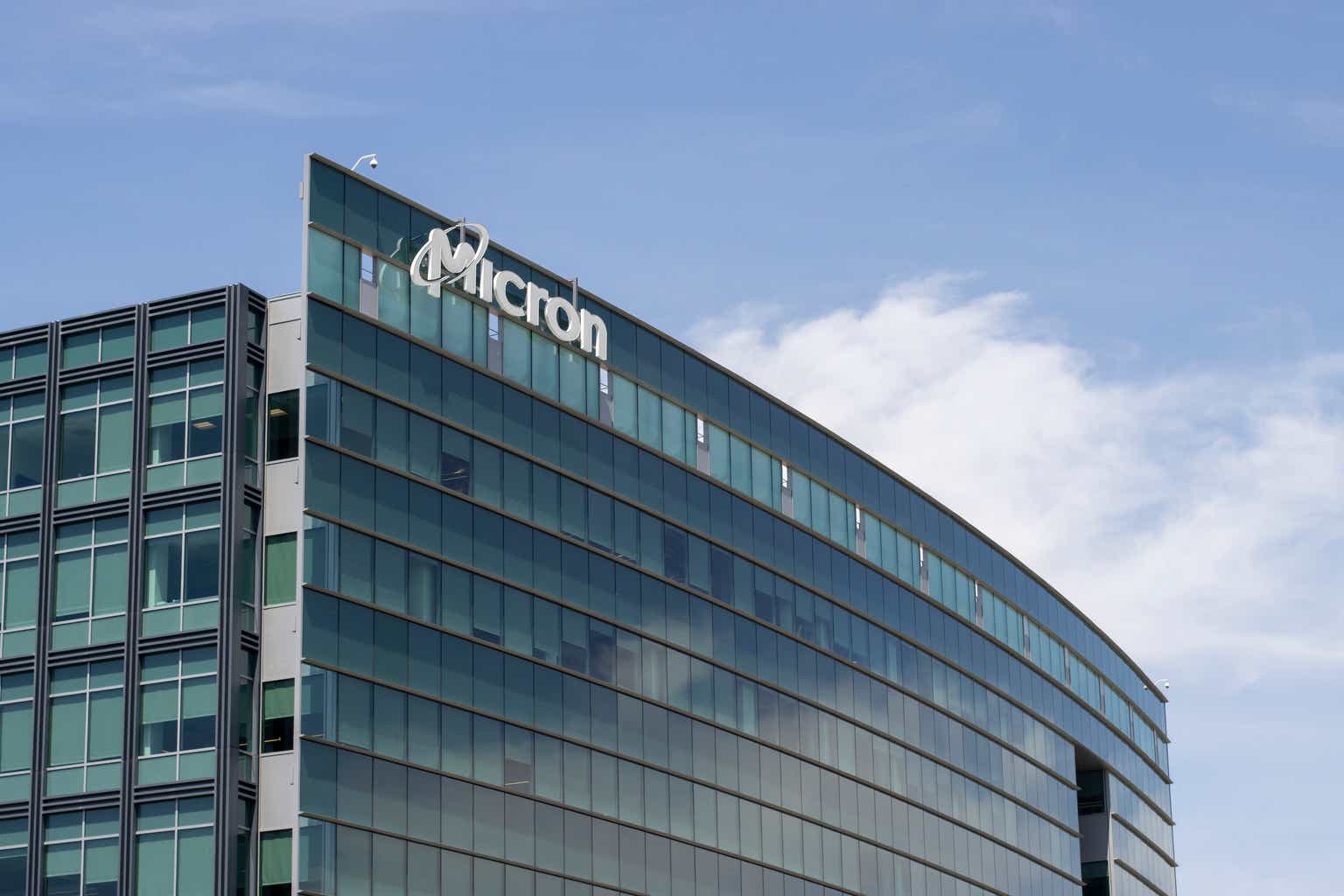© Reuters.
BASEL, Switzerland – BeiGene (NASDAQ:), Ltd. (NASDAQ: BGNE; HKEX: 06160; SSE (LON:): 688235), a global biotechnology firm, has presented new data suggesting its drug, BRUKINSA® (zanubrutinib), may offer a progression-free survival and complete response advantage over acalabrutinib in treating relapsed or refractory chronic lymphocytic leukemia (R/R CLL).
The findings are based on a matching adjusted indirect comparison (MAIC) using data from Phase 3 ALPINE and ASCEND trials. This analysis was showcased at the 28th Annual International Congress on Hematologic Malignancies® in Miami, spanning from February 29 to March 3.
The MAIC aimed to provide a more accurate comparison of the two drugs by adjusting for differences in patient characteristics and the potential impact of COVID-19 on study outcomes.
The study author, Mazyar Shadman, M.D. M.P.H, emphasized the importance of head-to-head randomized clinical trials but noted that MAICs can be valuable for hypothesis generation when conducted with rigor to minimize biases.
According to the MAIC, BRUKINSA showed an improved investigator-assessed progression-free survival compared to acalabrutinib in both unadjusted (HR=0.77 [95%CI: 0.55-1.07]) and adjusted populations (HR=0.68 [95%CI: 0.46-0.99]).
Additionally, the odds ratio for complete response also favored BRUKINSA in both the unadjusted (OR=2.88 [95%CI: 1.18-7.02]) and adjusted populations (OR=2.90; [95%CI: 1.13-7.43]). The overall survival trend was consistently in favor of BRUKINSA.
BeiGene’s Chief Medical Officer, Hematology, Mehrdad Mobasher, M.D., M.P.H., stated the MAIC addresses important questions from previous analyses and presents a more comprehensive view of BRUKINSA’s efficacy for R/R CLL.
BRUKINSA has shown superiority in progression-free survival over ibrutinib in R/R CLL in the ALPINE trial and is approved in 70 markets globally for selected indications. It is also part of a broad development program with over 5,000 subjects enrolled across 29 countries.
This report is based on a press release statement.
This article was generated with the support of AI and reviewed by an editor. For more information see our T&C.
















